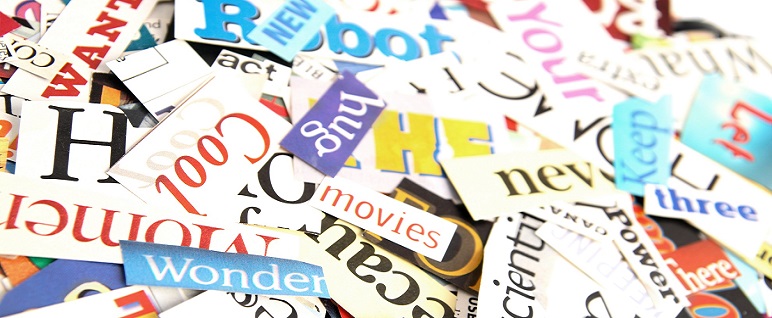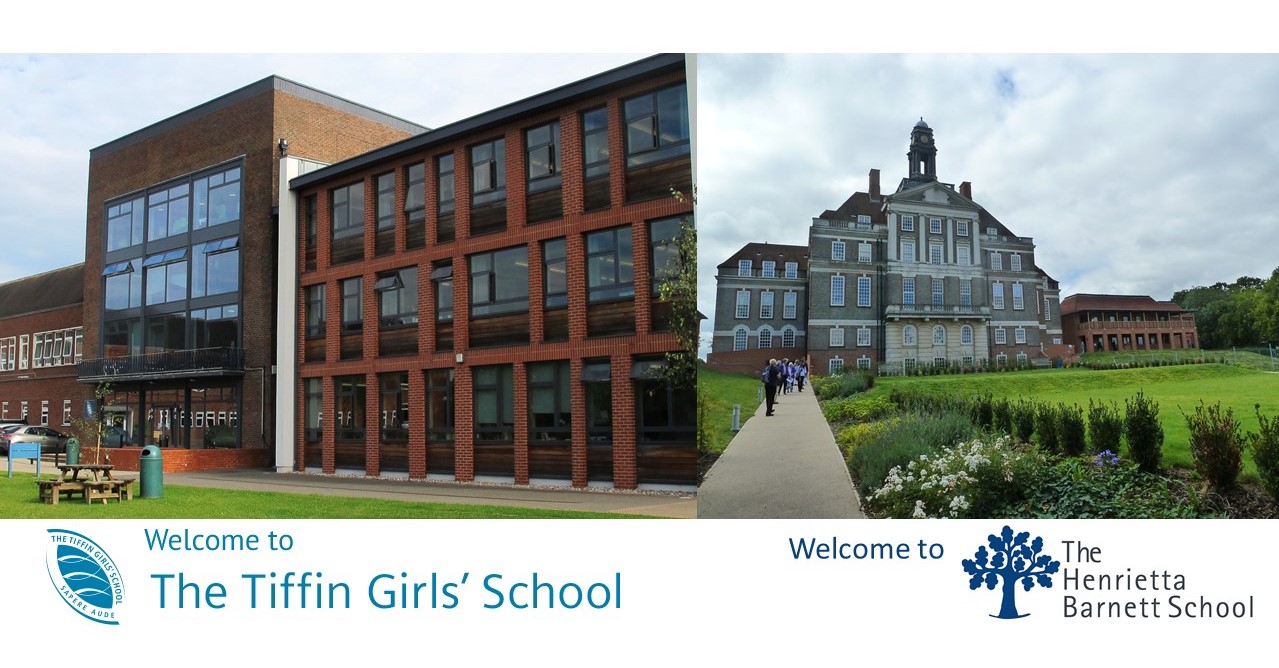

Language is a repository of culture. It is not merely a tool of communication; it is a profound treasure trove of the collective wisdom of a society. The importance of a good vocabulary cannot be emphasised enough as it plays a crucial role in various aspects of communication, learning, and personal development. Here are some key reasons why having a rich and varied vocabulary is essential for students:
1. Effective Communication: It enables students to articulate ideas with precision and effectively navigate diverse linguistic environments. Expanding one's vocabulary can lead to improved communication skills facilitating clearer communication, and avoiding misunderstandings.
2. Reading and Comprehension: It enables students to recognize words more quickly and accurately. When they know the meanings of most words they encounter, they can focus on understanding the overall context of the text instead of struggling with individual word recognition. This facilitates grasping the meaning of texts more easily, leading to improved learning and knowledge retention.
3. Improved Writing Skills: A diverse vocabulary enables individuals to craft more engaging and compelling written pieces. It allows for more creative expression, making writing more enjoyable for both the writer and the reader. With a vast vocabulary, students can infuse their work with greater expressiveness. They can use colourful and vivid language to create imagery and evoke emotions, making their writing more engaging and rewarding.
4. Cognitive Development: Vocabulary is closely tied to cognitive abilities like critical thinking and problem-solving. As students learn new words, they also encounter new concepts and ideas. A broader vocabulary allows them to think more abstractly and consider multiple perspectives, leading to better problem-solving skills.
5. Precision and Clarity: A diverse vocabulary allows individuals to choose the most appropriate words to convey their thoughts precisely. It helps avoid ambiguity and ensures that the intended message is clear to the listener or reader.
6. Memory and Retention: Learning new words and their meanings requires memory and cognitive effort. This exercise helps improve memory retention and strengthens the brain's capacity to process and store information. This not only benefits vocabulary acquisition but also aids other types of learning.
7. Academic achievement: Research has shown a positive correlation between vocabulary size and academic achievement across various subjects. A strong vocabulary equips students with the tools they need to excel in their studies and perform well in exams.
To summarise, a diverse and extensive vocabulary plays a crucial role in students' cognitive development. It empowers them to delve into academic subjects with greater depth, communicate with precision, think critically, and approach the world with confidence.

